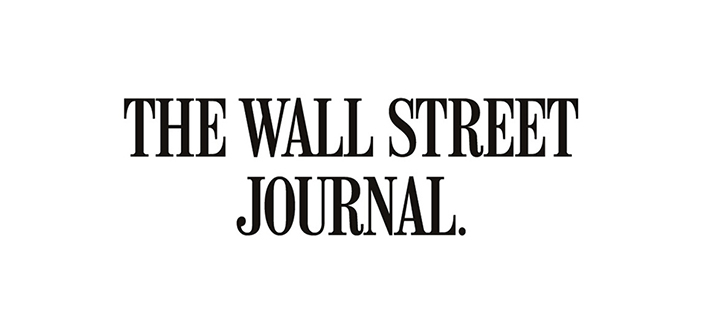My study, which was careful to control for the boom by using a broader, national set of comparisons, found no effect of the minimum wage on Seattle’s restaurant employment.
Prof. David Neumark (“The $15 Crowd Tries a Bait and Switch,” op-ed, Sept. 26) responds incorrectly to my critique of a University of Washington study of Seattle’s minimum wage. The UW study did not properly account for the tech boom occurring in the city but not in the rest of the state. It therefore misattributed a decline in low-wage employment to the minimum-wage policy, rather than to the substantial pay upgrades caused by the boom.
My study, which was careful to control for the boom by using a broader, national set of comparisons, found no effect of the minimum wage on Seattle’s restaurant employment. Other economists—including Jared Bernstein, Arindrajit Dube, Kevin Lang and Ben Zipperer have identified the same problem with the UW study. The list includes economists with no stake in current minimum-wage debates.
Mr. Neumark curiously implies that my call for better comparisons reveals an ideological bias. That is not a helpful charge. Making close comparisons is central to the scientific method, including in Mr. Neumark’s own work and in the other studies that he cites. The scientific debate is really about which close comparisons are the right ones.
Equally important, we should not base strong conclusions on the evidence from any single city. The bulk of the credible evidence supports the view that minimum wages have much smaller employment effects than Mr. Neumark claims. As shown by surveys conducted by the University of Chicago’s Booth School of Business, a majority of the economics profession agrees.
Prof. Michael Reich
Chair, Center on Wage and Employment Dynamics
University of California at Berkeley

